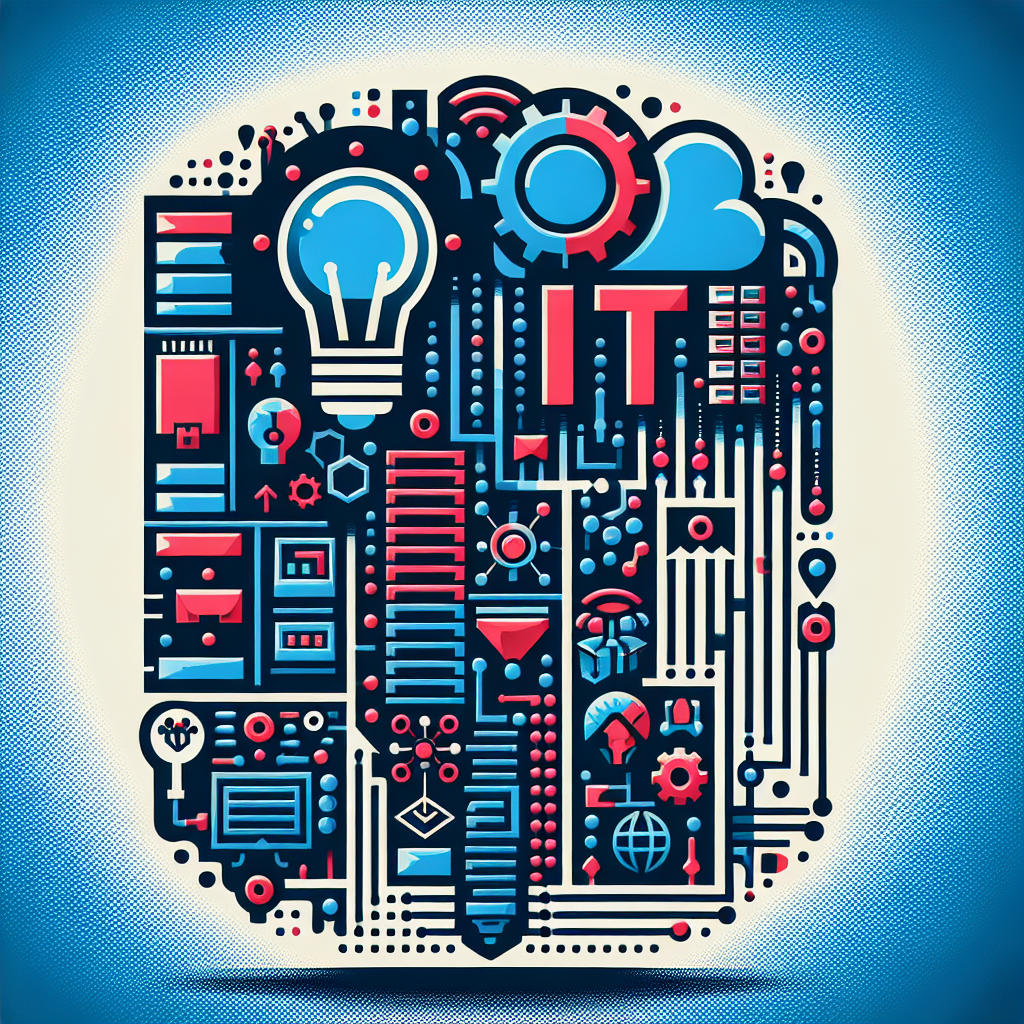Introduction
Automation lies at the heart of modern industry, driving efficiency, precision, and reliability in countless processes. To truly grasp the intricacies of automation, it’s essential to delve into its basic principles, starting with an exploration of control systems.
Physical System Control: Navigating the Behavior of First and Second-Degree Systems
At the core of automation are physical systems governed by dynamic behaviors. These systems can often be categorized as first or second-degree systems, each with its own unique characteristics and responses to external stimuli. Understanding their behavior is crucial for effective control and optimization.
PID Regulation: Striking the Balance Between Proportionality, Integral Action, and Derivative Action
One of the most widely used methods for controlling physical systems is PID regulation, named for its three components: Proportional, Integral, and Derivative action. This control strategy aims to strike a delicate balance between responsiveness, stability, and steady-state accuracy, allowing for precise regulation of system behavior.
Achieving Stability: The Cornerstone of Reliable Control Systems
Stability is paramount in control systems, ensuring that processes remain predictable and controllable under various conditions. By employing techniques such as the Nyquist stability criterion and Lyapunov’s stability theory, engineers can assess and guarantee the stability of control systems, laying the foundation for robust and reliable automation.
From Theory to Practice: Implementing Digital Control Systems
With the advent of digital technology, the landscape of automation has undergone a profound transformation. Digital control systems, enabled by techniques such as the discrete Z-transform, offer unprecedented levels of precision and flexibility. By leveraging digital technology, engineers can design and implement control systems that meet the demands of modern industry with unparalleled efficiency and reliability.
In the next part of this series, we’ll delve deeper into advanced automation techniques, exploring concepts such as auto-tuning, fuzzy logic control, and artificial intelligence. Stay tuned as we unravel the complexities of automation and unveil the future of control systems engineering.


Leave a Reply